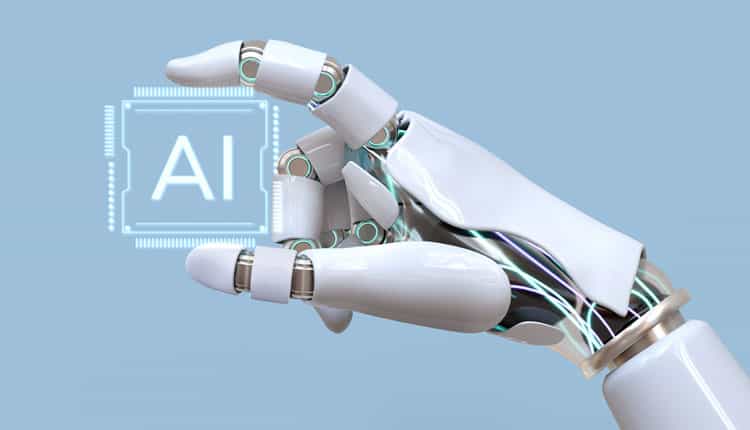By Mayank Singh, Co-founder, Campus 365
Artificial intelligence (AI) is a broad phrase that encompasses machine learning, deep learning, and natural language processing. It depends on powerful computers and vast
amounts of data that are processed by algorithms. AI is being utilised to address issues in a
variety of sectors, including cybersecurity, healthcare, agriculture, manufacturing, banking,
and fraud detection, as it continues to permeate our society. AI is enhancing our ability to
automate repetitive jobs, simplify processes, recognise and categorise images, patterns, and
voice, make predictions, and even make judgements by leveraging computational power to
process and learn from data.
Artificial intelligence (AI) has become a game-changing technology in many fields, and its
effects on higher education are drawing more and more attention. AI has several options for
enhancing the standard and accessibility of education, with the ability to revolutionise
administrative, teaching, and learning procedures. However, there are factors that need to be taken into account to ensure responsible and ethical adoption, just like with any innovative technology.
Through AI, one can explore many opportunities which are as follows –
1. Personalised Learning: AI-powered systems are capable of analysing enormous
volumes of data and offering students customised learning opportunities. AI can improve student engagement, comprehension, and retention by tailoring the pace and substance of lessons to each student’s needs. It gives teachers the ability to give students individualised training, fill in knowledge gaps, and encourage self-directed learning.
2. Intelligent tutoring: AI-based tutoring systems can offer students immediate feedback, help, and direction, imitating one-on-one encounters with human tutors. These technologies can pinpoint the problems that students are having and provide customised support, improving their academic performance and learning outcomes.
3. Data analytics: AI algorithms are capable of analysing huge datasets to produce
insightful information and guide decision-making in higher education institutions. Data
analytics powered by artificial intelligence (AI) can assist administrators in optimising
resource allocation, increasing retention rates, and creating successful academic
plans. It can do this by predicting student performance and finding trends in course
offerings.
4. Streamlined Administrative Processes: AI can automate repetitive administrative
operations like enrollment, scheduling, and admissions, saving staff and faculty considerable time. Artificial intelligence (AI)-powered chatbots can offer immediate assistance and responses to frequently asked inquiries, enhancing operational effectiveness and the educational experience.
Considerations –
1. Ethics implications: Fairness, openness, and accountability must be ensured while designing and implementing AI systems. Important factors to take into account include algorithmic bias, data privacy issues, and the moral application of student data. Institutions need to set up clear policies and structures to deal with these ethical issues.
2. Collaboration between humans and machines: AI should be viewed as a tool to
supplement rather than replace human abilities. The development of critical thinking,
creativity, and social abilities that AI cannot reproduce still depends heavily on
educators. The holistic aspect of education must be maintained by striking a balance
between human engagement and AI-powered solutions.
3. Technology Accessibility: When deploying AI technologies, organisations must take accessibility concerns into account. All students, including those with disabilities, should have access to AI tools, and this requires effort. Important factors to take into account are user-friendly interfaces, support for assistive technology, and proactive support for accessibility issues.
4. Fairness and Bias: The data that AI systems are educated on determines how unbiased they are. To ensure fairness and equitable opportunity for all students, institutions must be careful in spotting and eliminating prejudice in AI systems. Biases can be found and corrected by conducting routine audits and monitoring of AI systems.
To Conclude –
The application of artificial intelligence to higher education has exciting possibilities for
improving administrative, teaching, and learning processes. Just a few examples of the
potential advantages include personalised learning, intelligent tutoring, data analytics, and
simplified administrative procedures. However, ethical considerations, encouraging human-machine collaboration, guaranteeing equity and accessibility, and adopting a culture of continuous learning are all necessary for responsible AI implementation. Higher education institutions may make use of AI technology’s promise to improve education and give students more power in the digital era by adopting it with intention and mindfulness.

